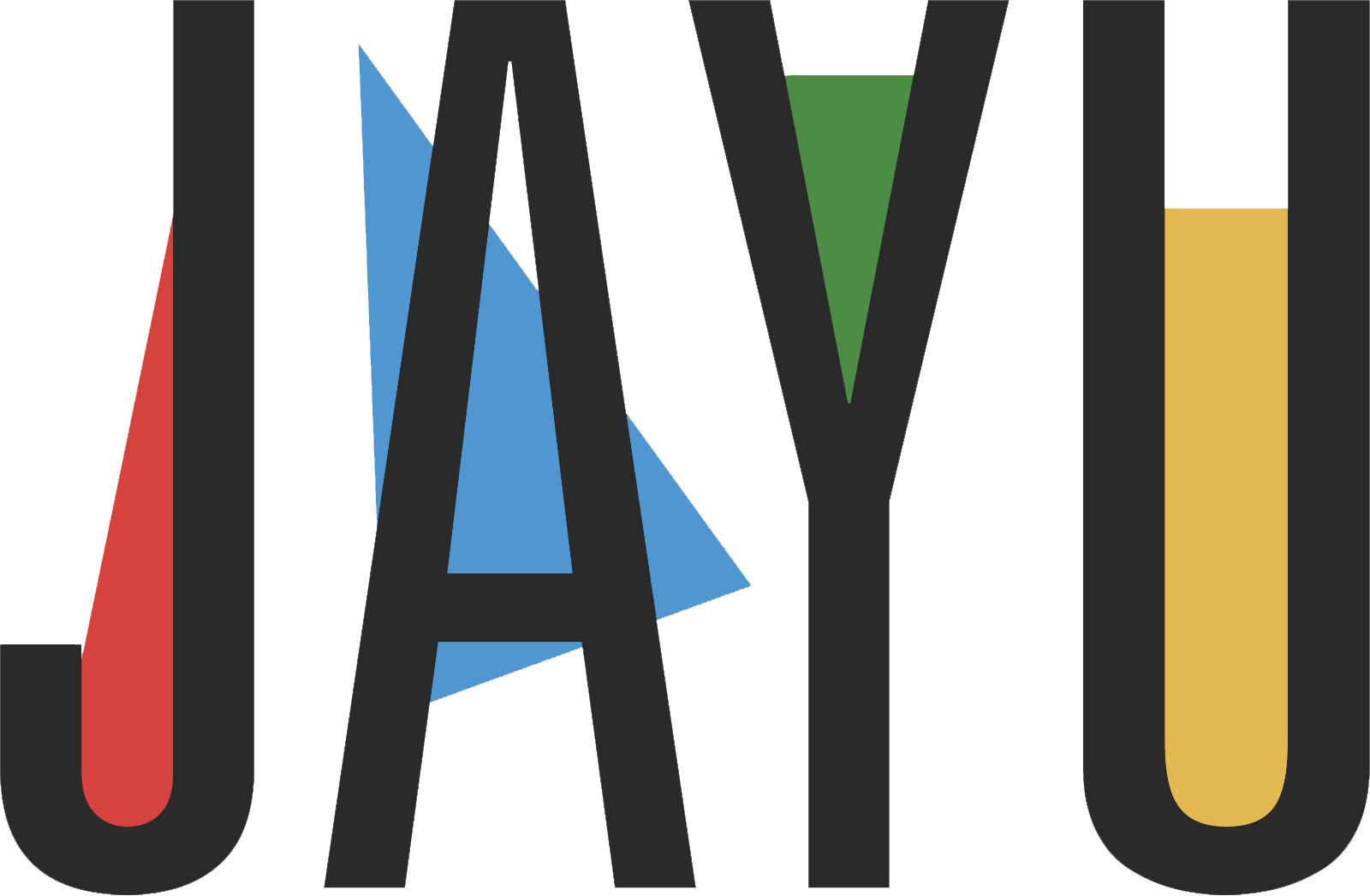AI: Friend or Foe?
In an age where technology rules, will human rights be left behind?
Firstly, we need to define artificial intelligence. According to the Encyclopaedia Britannica,
artificial intelligence (AI) is the ability of a digital computer or computer-controlled robot to
perform tasks commonly associated with intelligent beings. AI is “redefining what it means to be
human.”
An issue posed by many is whether AI will take into account safeguards to protect human rights
issues. As previous UN High Commissioner for Human Rights, Michelle Bachelet, expressed
“Artificial intelligence can be a force for good, helping societies overcome some of the great
challenges of our times. But AI technologies can have negative, even catastrophic, effects if they
are used without sufficient regard to how they affect people’s human rights.”
Issues with AI involve profiling and automated-decision making as it may have the ability to
affect people’s "rights to privacy, to a fair trial, to freedom from arbitrary arrest and detention
and the right to life." If due diligence is not taken, AI applications may unjustly make decisions
that have a real impact on individuals. For example, in the past, AI has wrongfully denied
individuals social security benefits or arrested individuals due to faulty facial recognition.
It has also been used as a tool for discrimination if unintentional (or intentional) biases were
programmed into the algorithm itself. In a famous example, in 2015, Google Photos recognition
software categorized a picture of two black people as the same as a picture of gorillas. Moreover,
when keywords like ‘black girls’ were inputted into the search bar, sexually explicit material
would appear. This is of great concern because AI is becoming imbued into many processes at
such an expedited rate when the technology isn’t always ready and the individuals who
developed the program don’t predict the implications that these mistakes will have.
Another major concern with the use of AI is the risk of technology increasing unemployment
levels. According to Carl Frey and Michael Osborne, Oxford academics, 47% of jobs in the
U.S.A. are at risk of automation, creating great ripple effects on the economy. As with many
cases, the disparity between classes will become greater with the poor becoming poorer and the
rich becoming richer. Even those that feel “safe” currently may be in danger of losing their jobs
as technology will continue to advance and more jobs will become replaced by AI.
To mitigate human-rights infractions, greater transparency surrounding the use and development
of AI is required so that appropriate boundaries may be developed. Stricter legal requirements
are recommended for the use of AI technology so the situation does not become as dire as it is currently predicted to become. But it is not only on the shoulders of the legal systems and
governments to uphold these requirements, companies and organizations must comply.
AI is a powerful tool that can serve both good and bad intentions, it is our application that
determines how it is aligned.
So, do you think the robots will be our friends or foes?
